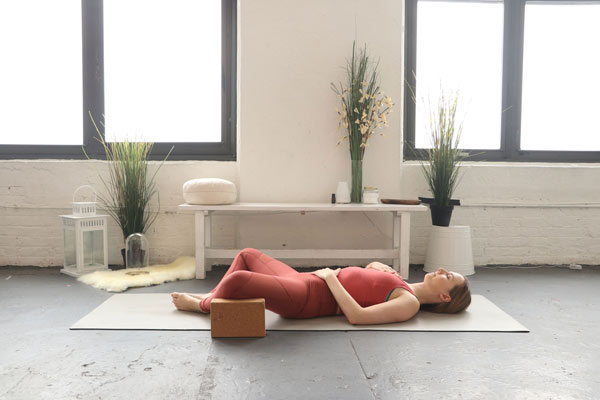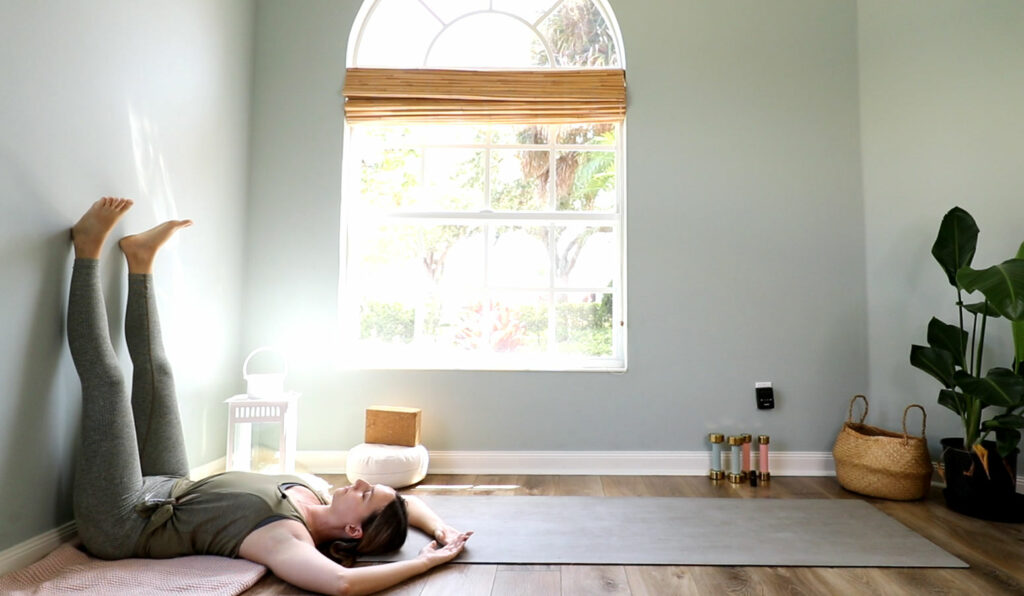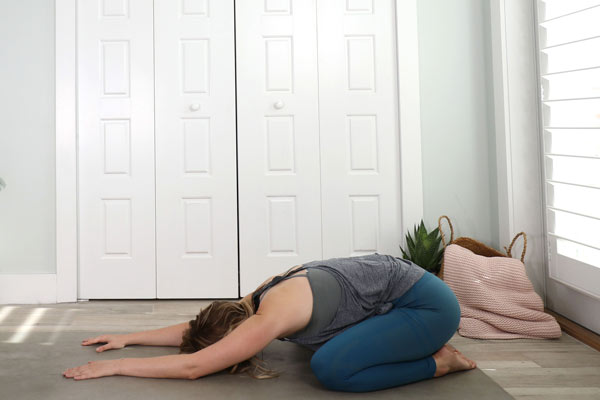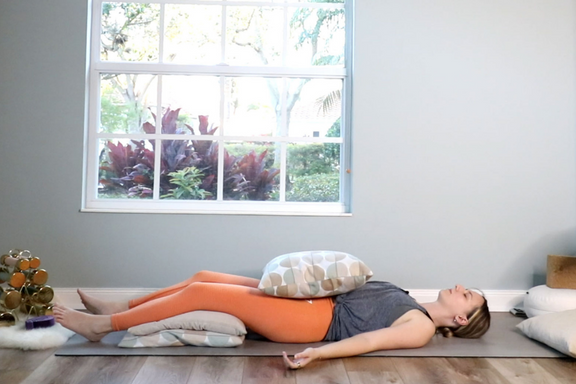Sleep, the elixir of life, is pivotal to our overall well-being. During these precious hours of rest, our bodies rejuvenate, repair, and prepare for the challenges of a new day. Yet, for many, achieving quality sleep can be elusive. In this post, we explore the art of improving sleep, drawing wisdom from the ancient Ayurvedic tradition as well as modern practices.
Understanding the Importance of Sleep
Before we delve into the strategies to enhance your sleep, let’s understand why sleep is vital. According to Ayurveda, sleep is one of the three pillars of health, alongside diet and lifestyle. During sleep, the body balances its doshas (Vata, Pitta, and Kapha), which is crucial for overall health. Lack of quality sleep can disrupt this balance, leading to various health issues.
Beyond Ayurveda, science tells us that sleep is essential for:
- Physical Restoration: During sleep, tissues repair, and growth hormone is released. Muscles and joints recover, and the immune system strengthens.
- Mental Well-being: Sleep supports cognitive functions like memory, creativity, and problem-solving. It also regulates mood and emotional stability.
- Regulating Hormones: Sleep helps maintain hormonal balance, affecting appetite, stress hormones, and insulin sensitivity.
Now, let’s explore how to unlock the potential of deep, restorative sleep.
New on YouTube: Yoga for Restful Sleep
Click here to practice with me!
Ayurvedic Insights for Better Sleep
1. Abhyanga (Self-Massage): Begin your bedtime routine with a warm oil massage. This Ayurvedic practice, Abhyanga, soothes the nervous system, relaxes muscles, and calms the mind. Use warm sesame oil or a dosha-specific oil for best results.
2. Pranayama and Meditation: Incorporate deep-breathing exercises (pranayama) and meditation into your daily routine. These practices calm the mind, reduce stress, and prepare your body for restful sleep. Try techniques like Alternate Nostril Breathing, Bhramari, or mindfulness meditation.
3. Herbal Remedies: Ayurveda offers a range of herbs and herbal formulations that promote sleep. Ashwagandha, Brahmi, and Jatamansi are well-known choices. Consult an Ayurvedic practitioner to determine the right herbs for your constitution.
4. Dinacharya (Daily Routine): Follow a consistent daily routine, aligning your activities with natural circadian rhythms. Wake up and go to bed at the same times every day (also on the weekend) to regulate your internal clock.
Modern Tips for Sound Sleep
1. Screen Curfew: Avoid screens (phones, tablets, TVs) at least an hour before bedtime. The blue light emitted disrupts your body’s production of melatonin, a hormone essential for sleep.
2. Caffeine and Alcohol: Limit caffeine intake in the afternoon and evening, and avoid alcohol close to bedtime. Both can interfere with sleep patterns.
3. Bedtime Ritual: Create a calming bedtime routine. This might include gentle yoga stretches, reading a book, or a warm bath.
4. Dinner Timing: Avoid heavy or spicy meals close to bedtime. Finish eating at least two hours before you plan to sleep.
5. Hydration: While staying hydrated is essential, limit fluid intake two hours before bedtime to reduce nighttime awakenings for bathroom trips.
6. Comfortable Sleep Environment: Ensure your bedroom is conducive to sleep. Keep it dark, quiet, and cool. Invest in a comfortable mattress and pillows.
7. Regular Exercise: Engage in regular physical activity, but complete your workout at least a few hours before bedtime. Exercise helps promote restorative sleep.
Yoga Poses for Better Sleep
Integrating yoga into your bedtime routine can be a game-changer for improving sleep quality. Here are some yoga poses that promote relaxation and prepare your body for restful slumber:
1. Supta Baddha Konasana (Reclining Bound Angle Pose)
This gentle hip opener relaxes the body and calms the mind. Lie on your back, bring the soles of your feet together, and let your knees drop outward. Support your knees with cushions or blocks for added comfort.
 2. Viparita Karani (Legs-Up-the-Wall Pose)
2. Viparita Karani (Legs-Up-the-Wall Pose)
This restorative inversion encourages blood flow to the heart and brain, inducing a sense of relaxation. Lie on your back, legs extended up the wall, and breathe deeply.
 3. Balasana (Child’s Pose)
3. Balasana (Child’s Pose)
A soothing pose that stretches the lower back and relaxes the spine. Kneel on the floor, sit back on your heels, and stretch your arms forward while lowering your forehead to the mat.
 4. Ananda Balasana (Happy Baby Pose)
4. Ananda Balasana (Happy Baby Pose)
This playful pose gently stretches the lower back and hips. Lie on your back, draw your knees to your chest, and grab the outsides of your feet with your hands, keeping your feet flexed.
 5. Savasana (Corpse Pose)
5. Savasana (Corpse Pose)
End your practice with an extended Savasana, allowing your body and mind to unwind fully. This pose promotes deep relaxation and can be especially beneficial if you struggle with insomnia.
 Incorporate these poses into your evening routine, holding each for several breaths while focusing on relaxation. Pair them with deep breathing exercises and meditation for an even more potent pre-sleep ritual. Yoga not only enhances your physical well-being but also nurtures a sense of inner calm that prepares you for a night of peaceful, restorative sleep.
Incorporate these poses into your evening routine, holding each for several breaths while focusing on relaxation. Pair them with deep breathing exercises and meditation for an even more potent pre-sleep ritual. Yoga not only enhances your physical well-being but also nurtures a sense of inner calm that prepares you for a night of peaceful, restorative sleep.
Crafting Your Personal Sleep Ritual
Enhancing your sleep requires patience and consistency. Start by incorporating a few of these tips into your routine and gradually add more as you progress. Remember that everyone’s sleep needs are different, so listen to your body and adjust accordingly.
Deep, restorative sleep is within your grasp. By blending the timeless wisdom of Ayurveda with modern insights, you can unlock the power of rejuvenating sleep and enjoy a healthier, more vibrant life. Sweet dreams!

